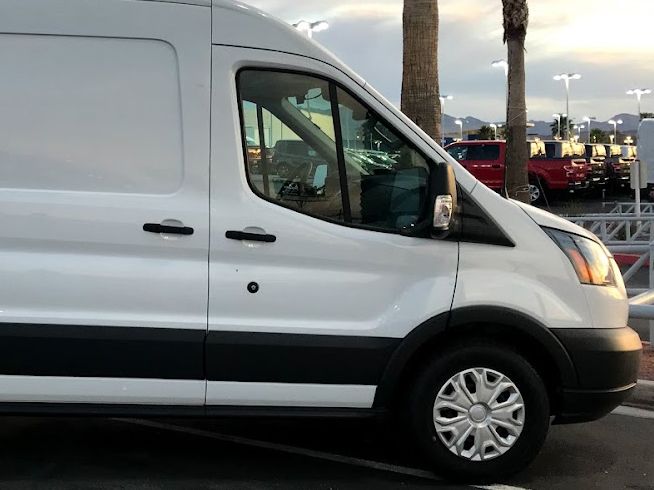As the cannabis industry matures, the advent of delivery services is poised to revolutionize the market, offering consumers unparalleled convenience and creating new growth opportunities for businesses.
A Market on the Move
Since the legalization of adult-use cannabis in April 2022, New Jersey’s market has expanded rapidly. By 2024, combined recreational and medicinal sales surpassed $1 billion, marking nearly a 25% increase from the prior year. This surging demand sets the stage for the next major shift in retail access: cannabis delivery.
Regulatory Framework and Licensing
The New Jersey Cannabis Regulatory Commission (CRC) has created a Class 6 Cannabis Delivery license that enables courier services to operate on behalf of licensed dispensaries. As of early 2025, several of these licenses have already been approved, showing the state’s growing support for expanding delivery-based access.
A unique feature of New Jersey’s framework is that local municipalities, even those that have banned physical cannabis dispensaries, cannot prohibit delivery services from operating within their jurisdictions. This rule ensures that residents statewide, regardless of zip code, can access cannabis legally and conveniently.
Emphasis on Social Equity
In keeping with New Jersey’s broader cannabis policy goals, delivery licenses are also being prioritized for social equity applicants—those from economically disadvantaged backgrounds or individuals with previous cannabis-related convictions. The New Jersey Economic Development Authority (NJEDA) has backed this effort with a $5 million Cannabis Business Development Grant Program, which provides qualifying applicants with reimbursements of up to $75,000 to support operations and compliance.
This commitment to equity not only diversifies ownership in the industry but also increases community engagement in areas historically impacted by prohibition.
Economic Implications
Cannabis delivery could further energize the state’s cannabis economy, which is projected to exceed $2 billion in annual sales by 2026. Delivery services expand the potential customer base, including those who are homebound, lack transportation, or live far from retail locations.
Delivery can also encourage more frequent and larger purchases, as consumers gain easy access to curated menus and personalized service from their phones. Dispensaries that adopt or partner with delivery platforms early may secure a critical advantage as the market grows more competitive.
Challenges Ahead
Despite promising potential, there are regulatory and operational hurdles to navigate. Delivery services must ensure strict compliance with security protocols, including real-time tracking, ID verification, and inventory control. Maintaining product integrity during transport and training drivers for safety and customer service are additional concerns.
Businesses will also face pressure to innovate. As more operators enter the delivery space, standout service, streamlined ordering platforms, and loyalty incentives will be essential for customer retention.
Looking Forward
New Jersey’s cannabis delivery sector is on the cusp of becoming a vital component of the retail ecosystem. With state support, strong equity initiatives, and rising consumer demand, delivery services are poised to shape the next era of cannabis access in the Garden State. For businesses and consumers alike, the future is mobile, flexible, and greener than ever.

